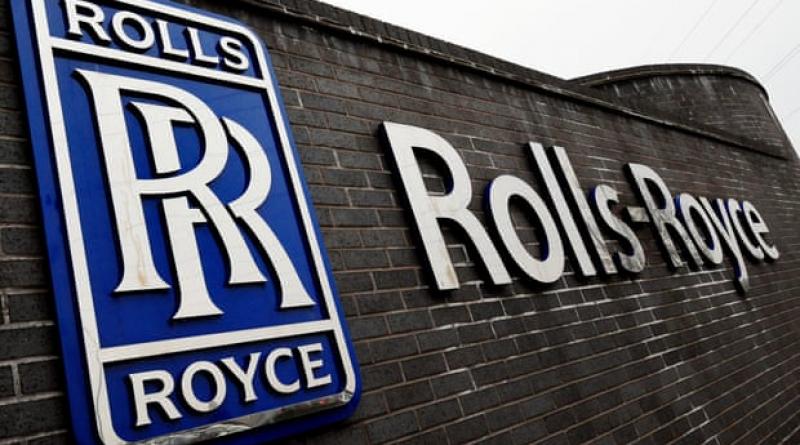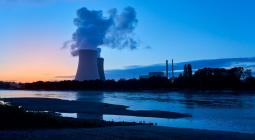Mini-nuclear plants may be an experiment worth exploring.

Roll-Royce gave an eye-catching pitch but the economics of nuclear power needs further inspection
An energy white paper is in the offing, so consider Rolls-Royce’s pitch for the wonders of small modular reactors (SMRs) a piece of last-minute lobbying. After all, it is clear already that more nuclear, in combination with more offshore wind capacity, is likely to be judged a central way to meet the UK’s targets for cutting carbon emissions.
It’s an eye-catching pitch. “A domestic energy solution for the first time in a generation, with a product that is engineered, designed and manufactured in the UK,” as Tom Samson, the chief executive of the nine-member Rolls-led UK SMR consortium puts it. So not one of those mammoth £20bn-plus French-led and Chinese-backed Hinkley Point C constructions.
A programme of building 16 mini-nuclear power stations would create 6,000 skilled jobs within five years, and a further 34,000 by the mid-2030s, says the consortium. About 80% of the components would be built in the Midlands and north of England. And the backers are already talking up the export potential – the Czech Republic and Turkey have signed up for feasibility studies.
What’s not to like? The clue is in that word “feasibility”. The consortium hasn’t actually built an SMR yet, so claims about lower costs per megawatt hour versus EDF’s at Hinkley are yet to be tested on the ground.
The first few stations would arrive at £2.2bn-£2.5bn, says the consortium, with the price dropping to £1.8bn after the first five. Yes, one can see how costs would fall: automated production lines, with the pieces transported for assembly on site, should yield efficiencies over time.
On the other hand, we also know that nuclear projects never arrive on budget (as EDF could attest). And a key point about mini-nuclear plants, say sceptics, is that they have to be built near to where the energy is used in order to reduce transmission losses. Since a nuclear reactor is few people’s idea of a local community asset, there’s a planning issue.
The consortium thinks that, actually, it could use existing nuclear sites for the first batch, perhaps because, at 440MW, or roughly a quarter of one of Hinkley’s two reactors, the proposed stations are at the large end of “mini”. But therein lies a debate over the economics of nuclear power.
The immediate question for government is whether to give a green light for the next stage of development. That would mean legislative support, making sites available and coughing up roughly £2bn of public money.
If nuclear power is deemed essential to hitting carbon targets, the answer is probably yes. A 30-year energy policy needs to be able to adapt to ever-changing financial calculations. SMRs have the advantage of speedier construction times than Hinkley-style mega-plants. They are an experiment worth exploring.
Timing of Pfizer chief’s stock sell-off looks awful
Albert Bourla, the chief executive of Pfizer, is a smart boss running a smart company. But he’s been spectacularly naive in selling $5.6m-worth of his shares in the firm on Monday, the day of the big announcement of a breakthrough with a coronavirus vaccine. The timing looks awful.
There is no reason to suspect anything worse than naivety. Pfizer says the sale was part of a regular trading scheme that allows executives to buy or sell on pre-determined dates. The actual instruction to sell, says the company, was given in August – long before anybody had a whiff of the encouraging news from vaccine trials.
Even so, somebody at Pfizer should have twigged that there could be a problem. Shares sales by executives need to be authorised and a mid-November date for the release of the first vaccine results has been known for weeks.
The danger that Bourla could be perceived to be cashing in on possible good news should have been obvious (and, in the event, Pfizer’s rose 8% on Monday). It would have been a simple matter to tell him to wait until the hotly anticipated news was out of the way.
To repeat, Bourla did things by the book. But one hopes the vaccine lives up to its promise. If Monday were to turn out not to have been “a great day for humanity”, as Bourla put it, the share sale would look even worse.
11 November 2020
The Guardian





